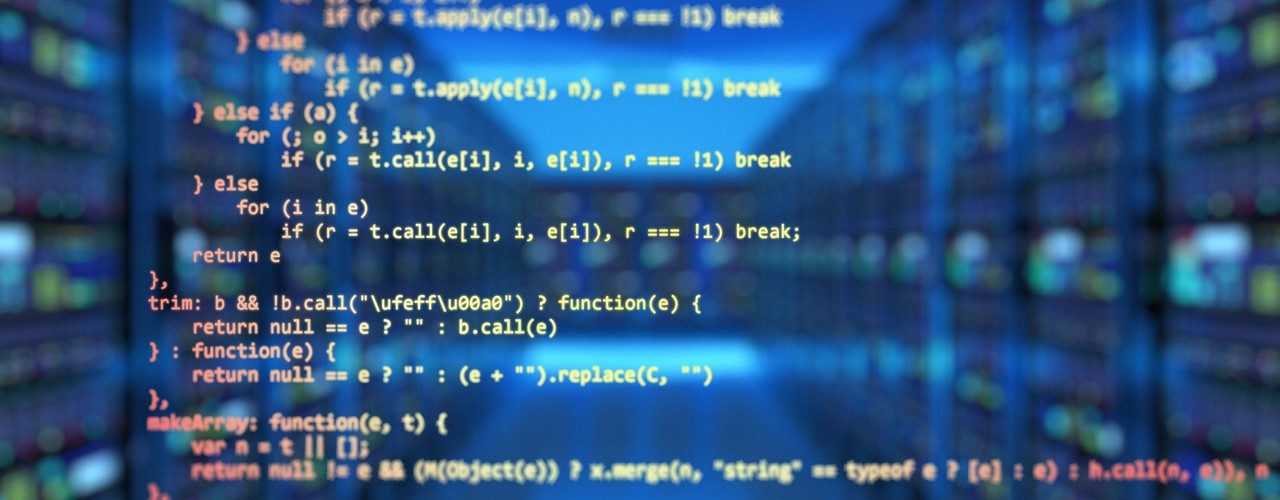- The digital age has transformed tax administrations, requiring a reassessment of traditional models and the training of human resources to effectively utilize advanced technologies such as AI.
- According to a study, 44 countries are adopting AI to enhance tax compliance, mitigate fraud, and improve efficiency in tax administration activities.
- AI can be utilized to automate the categorization of Harmonized System (HS) codes, providing accurate predictions and preventing manual errors.
- AI’s impact on the accounting industry in 2024 will automate routine tasks and shift focus to strategic analysis, empowering businesses to tackle compliance issues preemptively.
- Tax authorities can leverage AI for tax audits and fraud detection by analyzing extensive datasets to identify trends, patterns, anomalies, and suspicious activities.
- Integrating AI, ML, and Blockchain technologies into tax systems offers efficiency and transparency but also poses challenges such as data privacy and security concerns, infrastructure and training needs, and the management of non-integrated systems. Businesses should assess their resources and consider partnering with third-party experts to navigate these challenges effectively.
Source A2ztaxcorp
Latest Posts in "World"
- SAF-T System Explained: Definition, Benefits, Structure, European Adoption, and Implementation Best Practices
- Overcoming VAT Number Validation Challenges: Ensuring Compliance, Data Integrity, and Audit Readiness for Tax Teams
- Ensuring VAT Compliance and Real-Time Tax ID Validation in Self-Service Checkout Systems
- Open ECX Achieves PEPPOL Accreditation, Enabling Global, Compliant E-Invoicing and Document Exchange
- Global VAT Compliance – Recent VAT Developments – Quick Update














